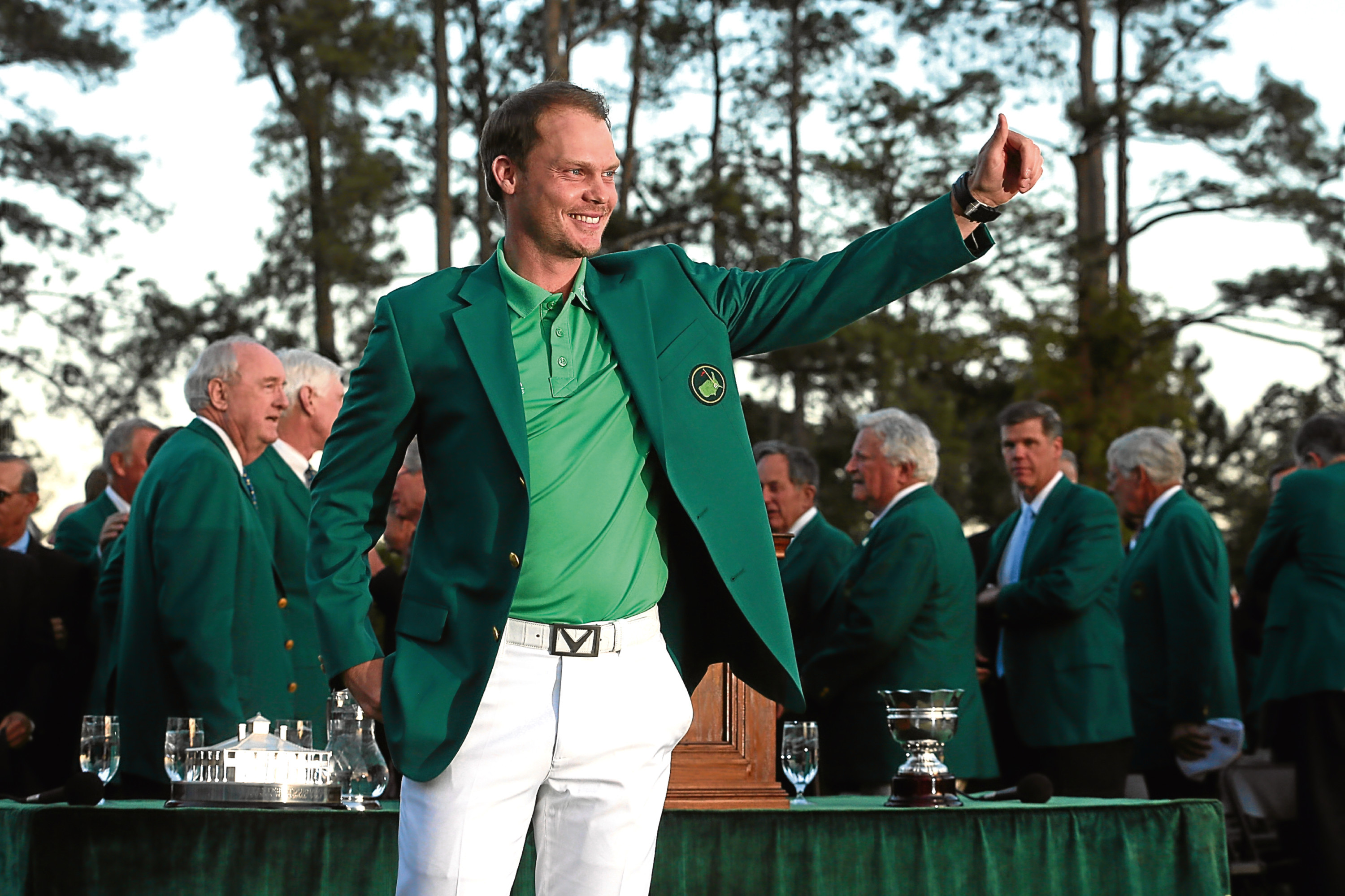I’ve never been a great fan of the BBC’s Sports Personality of the Year Award, even when the corporation covered enough sport to make their end of year review halfway representative.
Almost every clip on the show is watermarked with “pictures courtesy of…” these days, excepting the handful of sports the BBC continues to cover.
In golf we have fallen wholly out of love with the BBC. Many, including T2G, have slated them for surrendering all the rights to live golf they once had.
Relatively recently the BBC covered up eight to ten tournaments a year, including day-long live pictures of the Open and whatever the Green Jackets allowed them to screen at the Masters.
Now, the weekend play at Augusta – barring the Olympic competition – is their annual live golfing output.
Some have looked at Danny Willett’s showing in the SPOTY poll as being almost the final insult. From 16 nominees, the Masters champion was, humiliatingly, dead last.
It’s not down to Willett himself. He isn’t unanimously popular but is certainly not disliked.
And it was a public vote, remember. While the numbers were down, the field was restricted and there was some tactical mass voting – the equestrian set for Nick Skelton to finish third, quite clearly – it wasn’t slanted against golf.
Is it because the BBC has abandoned golf? Is it because golf has chosen to turn its back on free-to-air TV and go behind the pay wall?
I’d say no. First of all, Willett’s triumph was actually the only golf shown live on the BBC, excepting Rio.
Secondly, a whole lot of Andy Murray’s season is also behind the pay TV wall. Wimbledon and some other big tournaments are on free-to-air but that doesn’t wholly account for the discrepancy that means Willett got one per cent of the vote of the tennis World No 1.
In any case the BBC has effectively had no choice but to abandon golf. It’s a hugely expensive sport to cover – even when you hire the experts of European Tour Productions – and the Beeb simply couldn’t justify the money anymore.
Sports fans sneer at the BBC choosing to put their money into entertainment like the Great British Bake Off and antique shows (and we have here in the past) but the fact remains that audience levels for the GBBO and Strictly and I’m A Celebrity absolutely dwarf any kind of sport coverage – including soccer – at a fraction of the price.
The BBC is under financial pressure from central government. Why would they continue to pour cash into a loss leader like golf, even with their much-diluted public service commitment?
And where’s the evidence that the general public actually want golf on free-to-air TV?
Everyone who loves the game adored the Beeb’s Open coverage, which lasted from virtually the first blow to the last putt on the first two days. It was a unique sporting feast of television…but just for people who love golf.
It was disastrous for audience figures. The Six Nations, according to the BBC’s own figures, got more viewers than the Open did, and the numbers watching rugby’s annual spring feast were so poor the Beeb opted out of their current deal last year to share coverage with ITV, even giving up England games – obviously the ones with biggest audience – to their free-to-air rivals.
I’m going to suggest another reason why Willett polled so poorly. It’s because people who are not into golf don’t like it, in fact many people hate the game.
It’s slow, it’s expensive, it’s boring, it’s exclusive, it’s sexist, it’s old-fashioned. You don’t have to be a “PC fanatic” (whatever that is) to pick a reason from those to dislike golf.
Of course only a few in the game fit those damning descriptions. But that’s unquestionably the public image we’ve been landed with and despite appealing figures like Rory and Jordan and Lydia it’s still hard to shake it.
Some in golf don’t care. They scoff at the European Tour CEO Keith Pelley as he tries to modernise the game. They point to the PGA Tour riches and say we’re doing fine. No need to change. No need to cultivate the general public.
Well, the PGA Tour riches like most sports are basically TV money. And we’re already seeing that golden age of stratospheric rights deals is ending.
The boom in Tim Finchem’s era at the PGA Tour probably wasn’t Tiger Woods, although he certainly didn’t hinder it. It was that TV companies wanted the advertising dollars of rich golfers and the US networks represent a voraciously competitive market, assiduously cultivated by canny wee Tim.
Every major sport benefitted from this boom. But the NFL, the biggest sport in the biggest sports market, has seen TV audiences plummet this season and with a vast array of modern media more convenient than the traditional networks, it’s set to be a trend. Golf is likely to follow.
The game has got to evolve. It means giving up more of the pointless “traditions”. It means cultivating the general public with some innovations that the crusty dinosaur nursing his malt in the club bar (could be me actually) might be uncomfortable with.
Or we can continue like this, golf becoming like Polo, a minority sport for the super rich, ignored by the rest.
Happy New Year, when it comes.
